Split Fiction launched on my birthday, which felt like a little gift from game director Joseph Fares to myself, handed down through the malevolent corporate gods we know as Electronic Arts. I therefore spent my afternoon playing it with a writer friend. It felt like an apt thing to do – we’re both gamers and writers, though one of us is actually successful and the other has a folder in their email inbox with, like, a hundred literary journal rejections.
No guesses as to which one I am.
I expected us both to feel represented to some extent in this game, but by the end of our long first play session, I was left sorely disappointed. It doesn’t seem like Split Fiction is a game about writing. In fact, I’m not sure it understands writing at all.
Split Fiction’s Writing Is Very Bad
Split Fiction is, ostensibly, a game about writers. Heroines Mio and Zoe both are writers who’ve been invited by a company called Rader Publishing to test out some kind of simulation device, alongside a bunch of other authors hankering to get published. Zoe, a bubbly fantasy writer, thinks this is her way into finally getting published. Mio, a cynical sci-fi writer, mostly just wants the money that comes with the deal.
The writers are shepherded into the device, creatively called The Machine, which simulates the stories inside their heads while containing them in weird bubbles. Mio tries to back out at the last moment, and after struggling with CEO JD Rader, falls into Zoe’s bubble. It turns out The Machine is a device built to steal these writers’ ideas. The game’s levels therefore explore different stories (or just ideas) Mio and Zoe have dreamt up, forcing them to cooperate to escape.

Related
Split Fiction’s Depiction Of Grief Is Its Greatest Strength
Hazelight takes us on a journey of love, loss, and accepting that it’s okay to move on.
Despite this writerly premise, Split Fiction doesn’t get writing. I don’t necessarily mean that it’s badly written, although it definitely is. The dialogue between the two protagonists is trite and boring. The characters are tropey and feel like they were written solely to act in opposition to each other, a classic enemies to friends arc if I’ve ever seen one. And the entire premise acts only as a vehicle for the gameplay, a reason to explore two different genres in tandem without really engaging with the concept of ‘originality’, though its story might lead you to believe it will.
That premise is tenuous at best. For a game that’s supposedly about writers fighting to hold on to their original ideas, very little of Split Fiction’s ideas, at least in terms of worldbuilding and plot, are interesting or original. In fact, the game seems to reference other video games far more than it creates original ideas or even reference literary work. Maybe these writers aren’t getting published because all their work rips off other existing franchises with barely any changes. Just a thought!
What Is Writing, Really?
I will say that the metaphor does work, if you understand The Machine and Rader to be a criticism of generative AI. Rader seems to believe that stealing a writer’s ideas, no matter how ridiculous they are (Zoe has a story about adorable pigs getting turned into sausages and eaten) is tantamount to taking their work, which it isn’t.
Most famous literary works aren’t entirely novel or original. Many iterate on classics written before them, adding, subtracting, and reimagining. A large chunk of even Shakespeare’s catalogue is based on existing works of fiction. But it’s writerly craft that makes them new and interesting. Without that craft, there’s no work, no creation.
Then again, Split Fiction never seems to really get into that aspect – the idea that craft is what matters. In fact, it never seems to care all that much about the practice of publishing or writing at all. For example, it’s unclear if Zoe and Mio are trying to publish novels or short stories, both of which are dealt with very differently in the publishing industry.
It’s also entirely unclear why any of these writers would willingly enter a strange device under the nebulous premise of getting published. Why would a simulator do that? Because it allows the corporation to see the pieces in action? Why would that matter in a literary work? The suspension of disbelief the game requires is astounding.
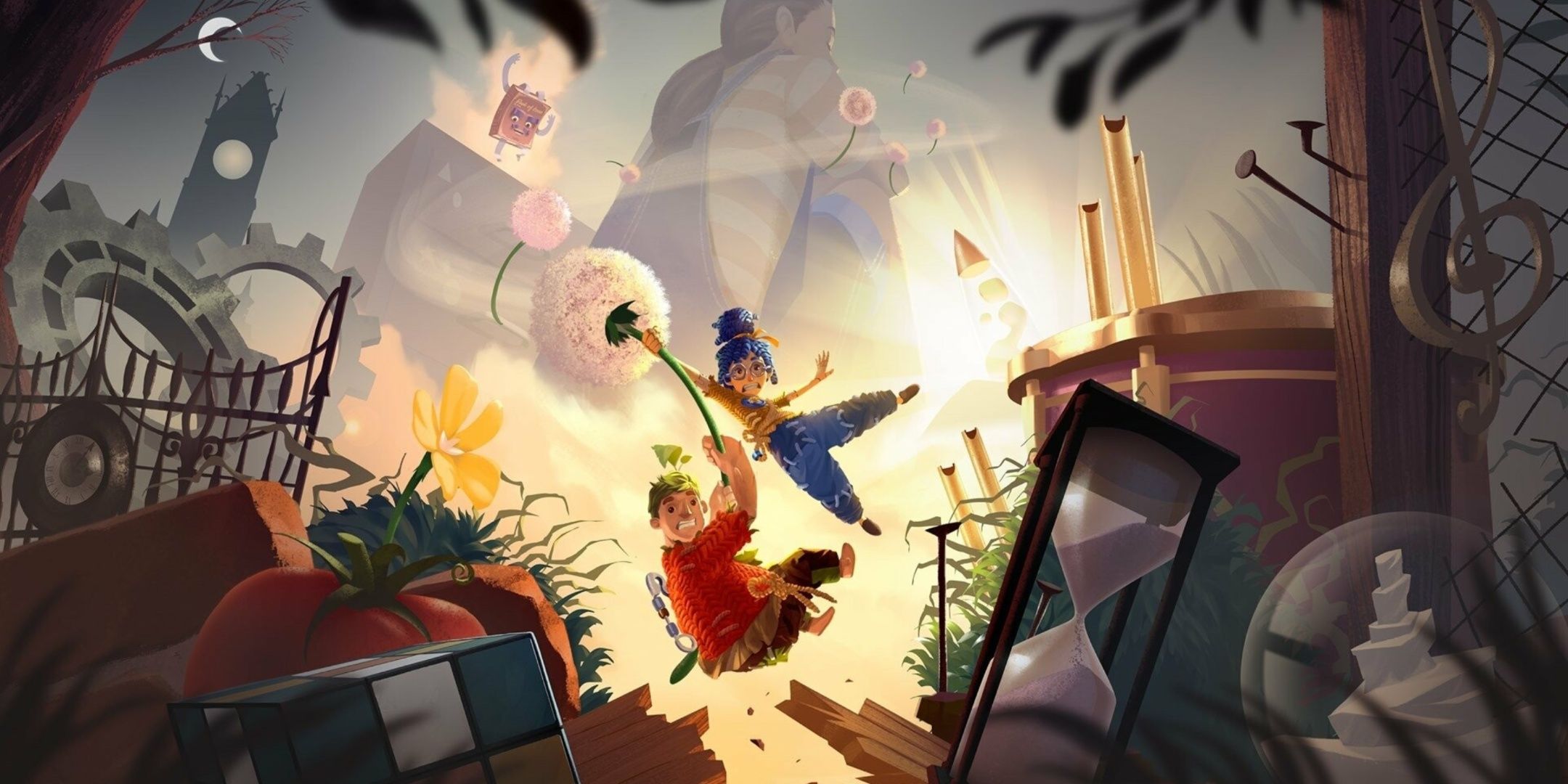
Related
Dear Hazelight, I Have An Awesome Idea For Your Next Game
The creators of Split Fiction should focus on family, love, loss, and the joy of living up to expectations.
And the two women are constantly nipping at each other about why the other hasn’t been published – not unheard of, in a very competitive industry, but entirely unrealistic as Split Fiction portrays it. Maybe your sci-fi is too cynical, Zoe says. Fantasy is stupid, Mio says. Both overlook the very obvious issue of both genres having produced cult classic works of fiction that subvert expectations and even meld sci-fi and fantasy together. Dune, for example. Split Fiction has a shockingly reductive view of literary work and genre fiction, and worse than that, of writers as a whole – the very first side story, supposedly written by the sci-fi repulsed Zoe, is about riding giant creatures through the sand, while using vibrations to lure them away. It’s just Dune.
Perhaps I’m being uncharitable. I haven’t finished Split Fiction yet, and maybe it will get better, but I don’t think it will. Multiple reviews have held the writing up as a weak point, with our own reviewer Jade King even calling it “hokey”. If a few hours in, its metaphor is so muddy that I have no idea what it’s trying to say – is it an indictment of generative AI? A statement about artistic integrity? – I’m not sure it’s going to convince me of anything by the end of it.
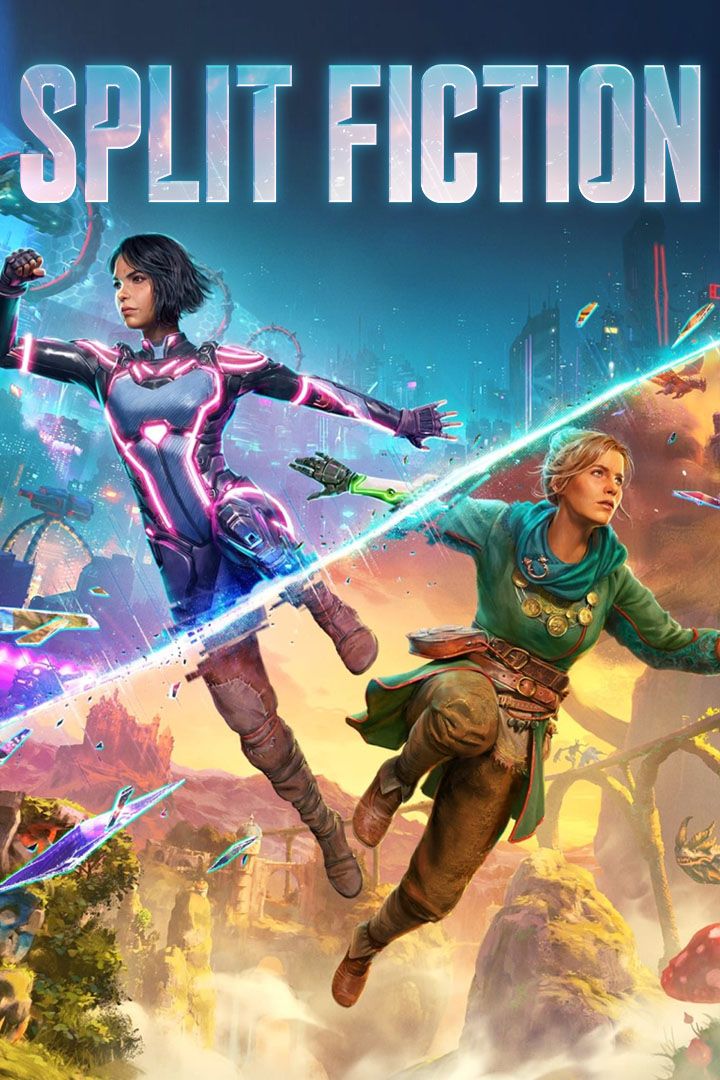
Action
Adventure
Sci-Fi
Fantasy
- Released
-
March 6, 2025
- ESRB
-
T For Teen // Blood and Gore, Crude Humor, Language, Violence
- Developer(s)
-
Hazelight Studios
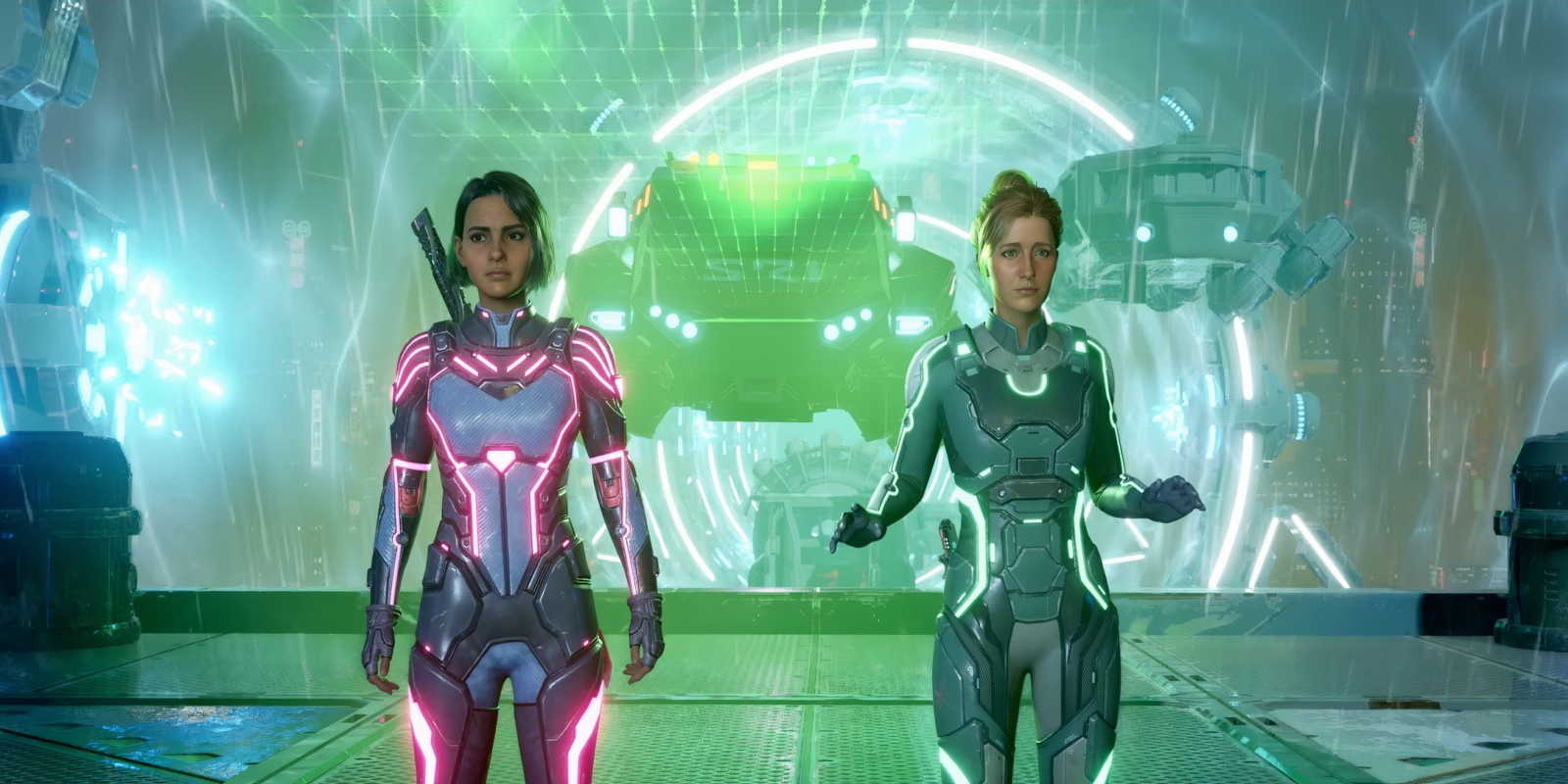

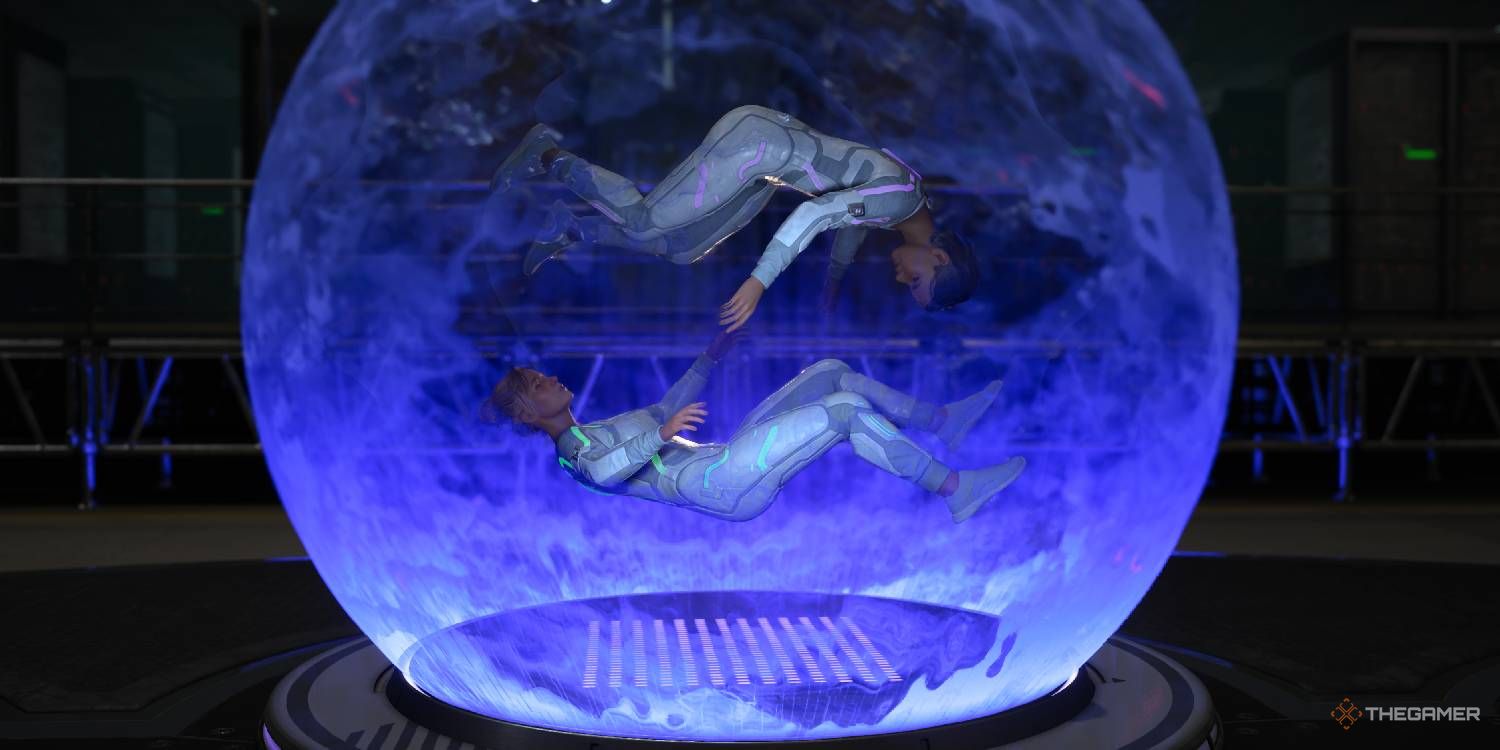




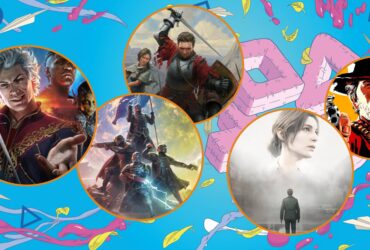
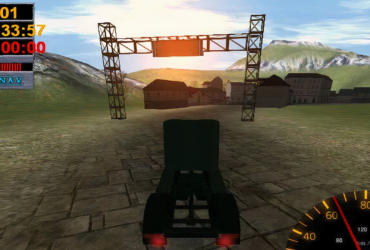
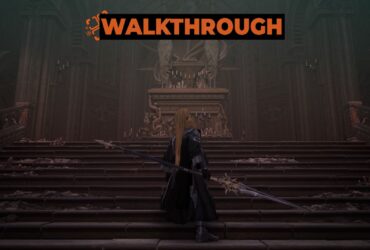


Leave a Reply